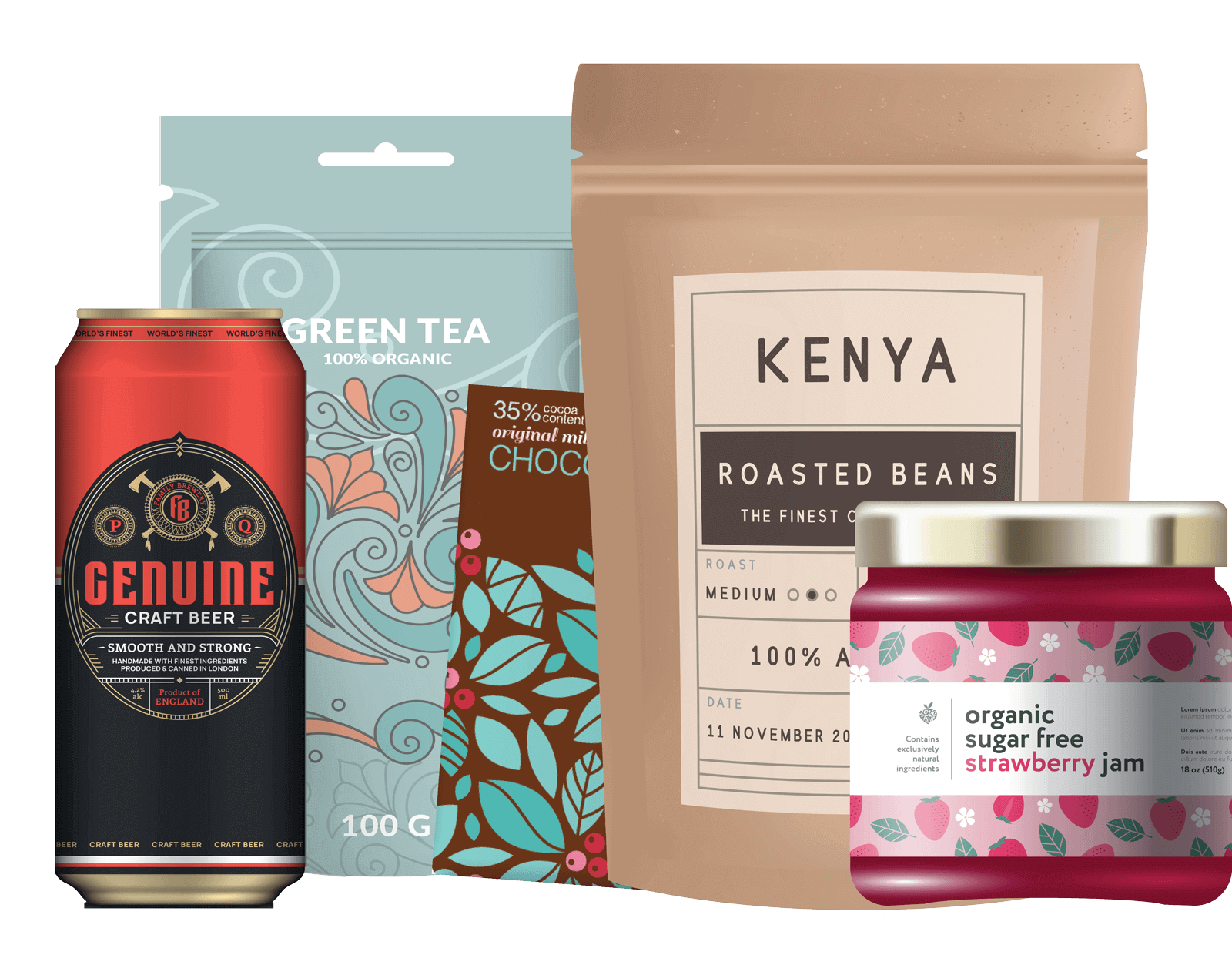Hot Fill Bottle Manufacturing
Essentially, hot filling is the process by which a hot liquid is injected into a container and then inverted, allowing the heat to sterilize the container and/or the cap. The liquid must be between 194 and 203 degrees Fahrenheit to ensure sterilization and requires the use of containers that do not change form at high temperatures, such as glass and certain types of plastic. The heat treatment lasts between 15 and 30 seconds, which is long enough to ensure sterilization.
After the heat cycle, the content is cooled between 180 and 185 degrees Fahrenheit before being transferred to the final container (in some instances) and sealed. Cooling continues after transfer for up to 3 minutes.
There are several different containers that work with the hot fill process, including glass, cardboard food containers and plastic, although not all types of plastic are suitable.
When it comes to performing a hot fill bottle properly, there are several important considerations:
Hot Fill Balance
Heat eventually changes surfaces with which it comes in contact, potentially changing the taste, color and even the nutrients and minerals found in the product or material. As such, a balance must be struck between the temperature and the length of time the container is exposed to the heat. Cooling should occur immediately after the hot fill.
Hot Fill Monitoring
Another important element to a hot fill bottle is constant monitoring of the process. This includes the temperature of the liquid as well as the temperature of the container. If the temperature moves too low, microbiological agents may develop, which present a possible health and safety risk.
As such, hot fill manufacturing often includes a recirculation system that keeps production moving with a backup system in place if a container or the liquid drops below a pre-set temperature.
Hot Fill Bottle Material
Not all packaging material is appropriate for the hot fill process. For example, standard PET bottles change shape or collapse when exposed to high temperatures. As such, specific containers called ‘heat set’ bottles are designed specifically to handle the demands of hot fill processing.
These custom containers are heavier in the body and the neck in order to withstand the heat. In addition, the caps are heavier.
Hot Fill Bottle Contents
Not all contents are appropriate for hot fill either, such as low acid beverages and food or beverages with fiber or pulp. Moreover, some material is subject to degradation or spoilage when exposed to high temperatures.
High-acid foods appropriate for hot filling include products with a pH of less than 4.6. The acidity level determines the number of spores that might survive the sterilization process. Substances with a pH of 4.6 or higher are subject to multiple spores and therefore are not considered safe. An acid level less than 4.6 will ensure that bacteria will not grow in the remaining spores.
Note that food or beverages may remain subject to degradation or spoilage if exposed to water or heat in other areas of the packing, shipping or storage process.
Hot Fill Bottling Costs
There are several cost considerations in terms of hot fill processing. For one thing, the heavier custom containers are more complicated to produce compared to traditional PET or other material and therefore cost more.
In addition, the energy required for repeated heating and cooling cycles can be expensive. This also has an environmental impact since heat and energy are being expanded at higher rates.
MJS Packaging
The expert team at MJS Packaging offers hot fill bottle packaging solutions that account for the above considerations and others as well. In addition, quality production samples demonstrate the effectiveness of our hot fill packaging.
MJS Packaging offers comprehensive product development that includes market analysis, prototyping and a complete manufacturing chain. Any other concerns such as FDA requirements, time and/or cost are addressed as well as product shelf life, stability and safety.
Call for more information at 800-915-2262.




